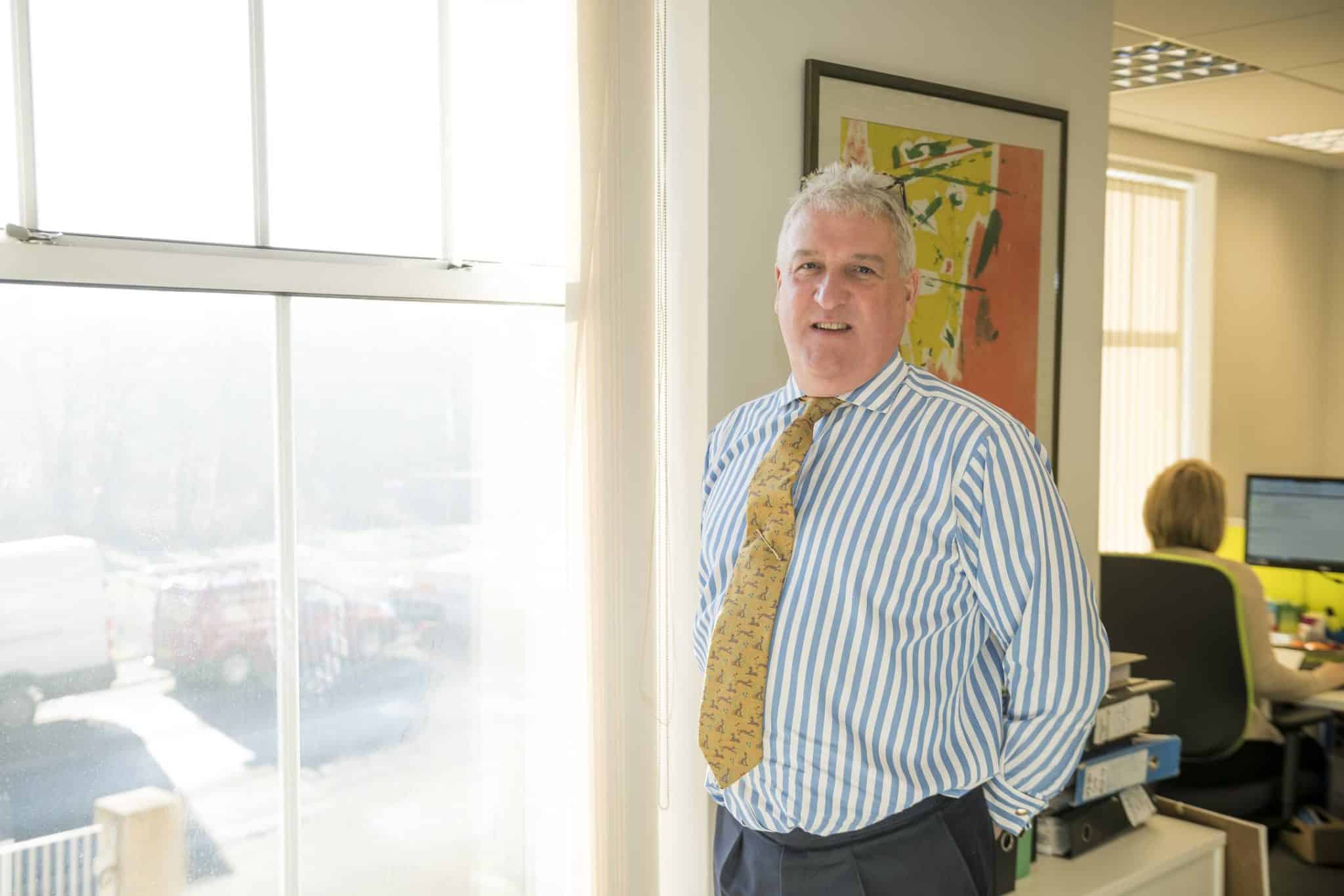THATCHERS ‘Big Bang’ of the financial industry which swept away decades of crippling regulation almost overnight, brought an influx of newly empowered investors, each eager to take advantage of a market once the preserve of elites.
Jarvis Securities was founded 32 years ago by Andrew Grant, who saw the huge potential this financial revolution would bring.
Over these years, the former City tax advisor to high-net worth individuals has steered the Tunbridge Wells – based brokers through numerous recessions, bull markets and periods of intense volatility.
And with global markets wracked with uncertainty and getting off to their worst New Year start on record the current climate is certainly challenging for investors.
Confidence
For Jarvis Securities, which deals in execution-only trades, the current turbulence can be a boon for the company balance sheet as all that really counts is transaction volume.
“We don’t care which way the market is going as we make money on transactions,” said Mr Grant.
He used an example of a company such as BP having an oil spillage, causing a massive sell off as a scenario which creates volume, adding: “Likewise with the Chinese economy not doing very well, but then suddenly there is a day when the market goes up 100 points because everyone is buying, that is also great for us.”
Although turbulence means more transactions, its benefits are finely balanced, as too much negativity will ultimately depress volumes in the long run.
Mr Grant explained: “Not only is the market cyclical throughout the year, with summer traditionally being a quiet time, but it is also driven by sentiment, the general economy and people’s confidence in buying stocks and shares.”
Although there is huge variation on a day to day basis, Mr Grant believes the firm was handling ‘well over’ 2,000 transactions a day on average during the peak of the economic cycle.
The current spate of negativity, though, has left its mark, with average transactions falling to between 1,000 and 1,500 per day.
“What we need is a broader return to global confidence”
And while the average size of each trade lies between £5,000 and £7,500, the true range varies between what Mr Grant describes as small investors ‘having a punt’ with £500 to million-pound transactions.
In this sense, although choppy trading has its benefits, in the long term Mr Grant needs investors to feel confident enough to believe they can win from the market – especially as his clients tend for more ‘speculative’ stocks, of natural resources, oil, gold, diamonds.
Mr Grant is not confident the market will recover any time soon.
He said: “There is so much going on at the moment. One day it is good news, the next day it is bad news.
“Unfortunately we need a sustained period of good news and expectation for the future. So we need confidence back.
“What we need is a broader return to global confidence, otherwise it will be harder to expand our retail client base.
“But I cannot see it happening in the short term, with oil, China and wars in the Middle East among other things, I think for the time being we will just bob along where we are”
Another factor which affects the profitability of AIM-listed Jarvis Securities is interest rates, which have stayed at record lows since the crash and have yet to recover, with each forecast pushing the next rise further back.
But unlike many firms, Mr Grant said record low interest rates are harmful to the company and he would welcome a rise.
“Effectively, higher rates mean we can make money from money, like a bank. We have client deposits, we pay an interest rate but we can make a turn on it which makes us more profitable.
“When the banks are not paying anything there is no fat to share around.
“We are still profitable but it would be the cherry on the cake,” he said, adding: “But I think lower interest rates will be around for a while. I cannot see them going up to where they were ten years ago.”
One issue Mr Grant believes may cause some temporary instability is the prospect of a Brexit – Britain’s exit from the EU.
“Less regulation would be good, although because of the nature of the products we tend to be less impacted by regulation than advisory firms,” he said, adding an EU exit could have a positive impact on the level of regulation in the long run.








